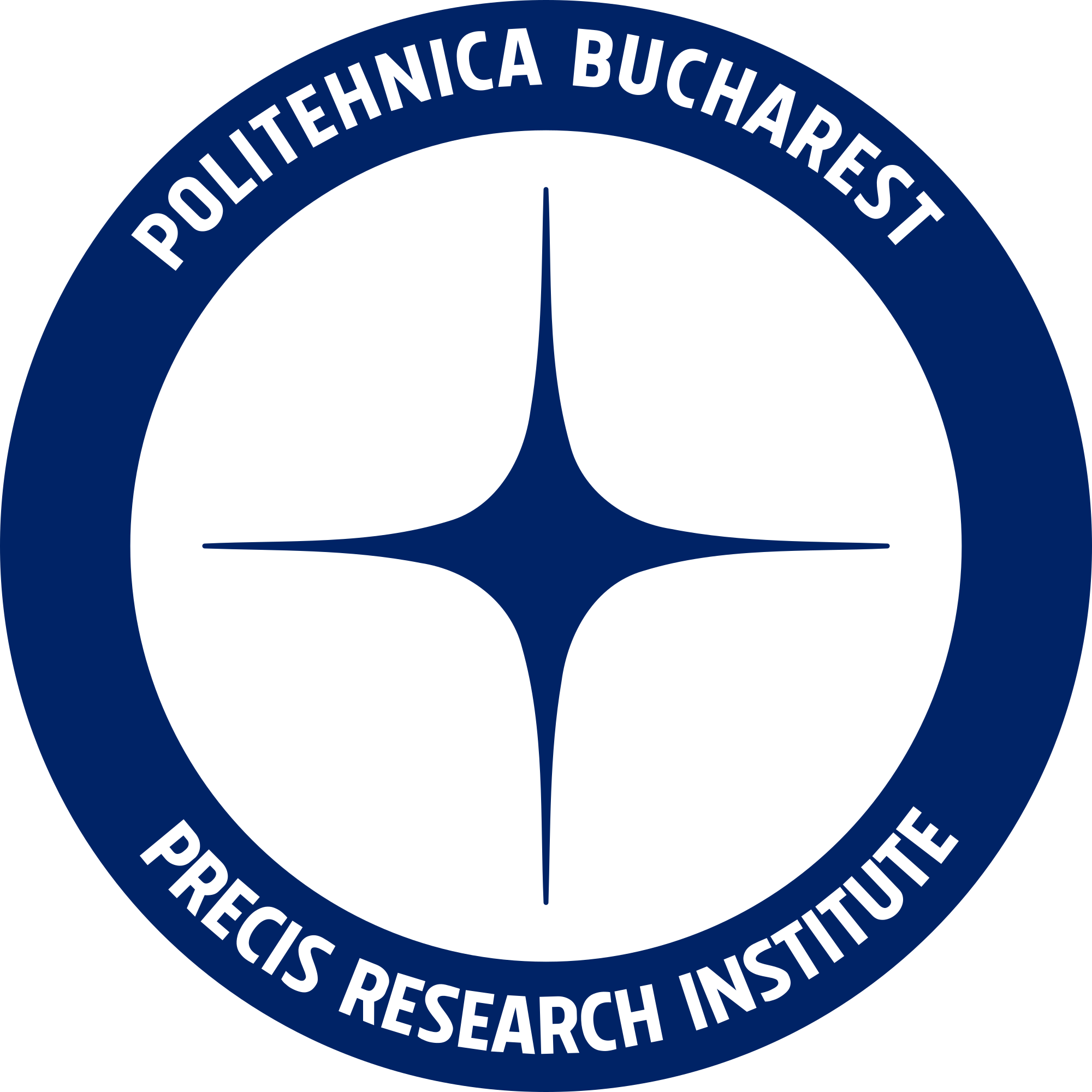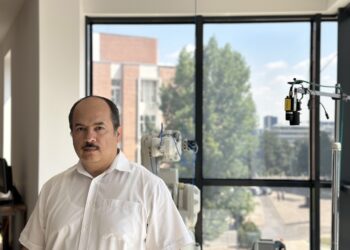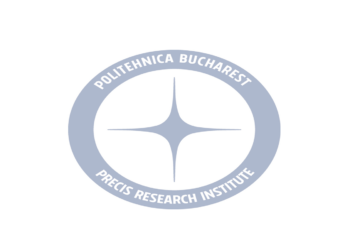Multi-Agent Systems and Manufacturing ControlAutonomous cognitive systems
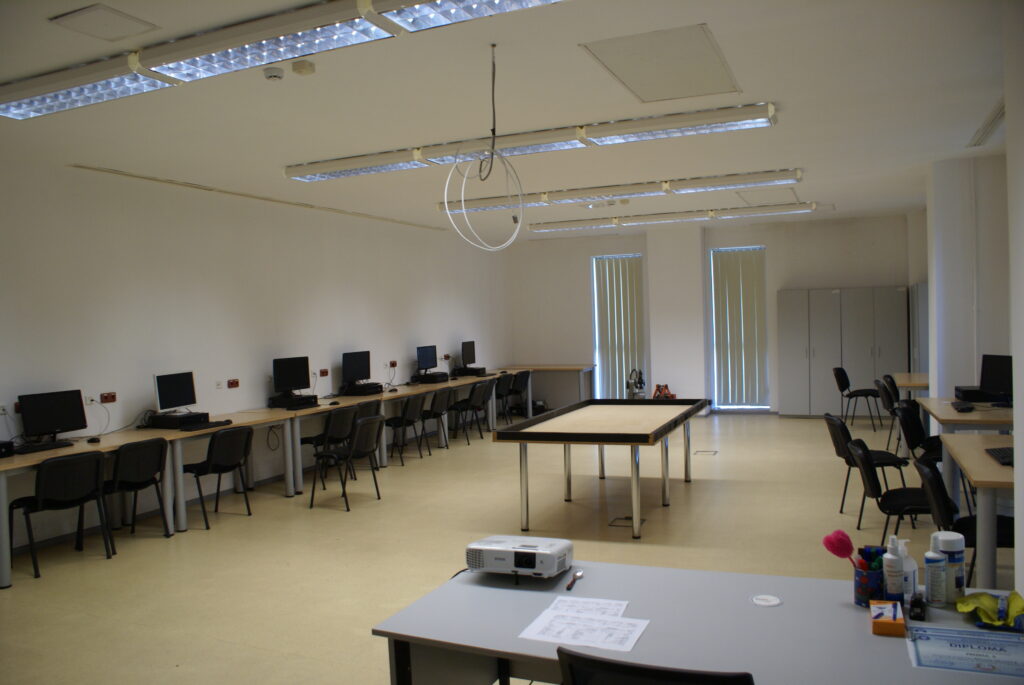
The SMACF 404 Laboratory (Multi-Agent Systems and Manufacturing Control) focuses on the development of methods, architectures, and implementation solutions for decentralized digital automatic control systems composed of autonomous entities with intelligent decision-making capabilities, networked and implemented through mobile software agents. This lab studies theories and extended modeling mechanisms through virtualization, simulation, network control, optimization, robotics, and artificial vision. The research includes both theoretical studies and experimental implementations.
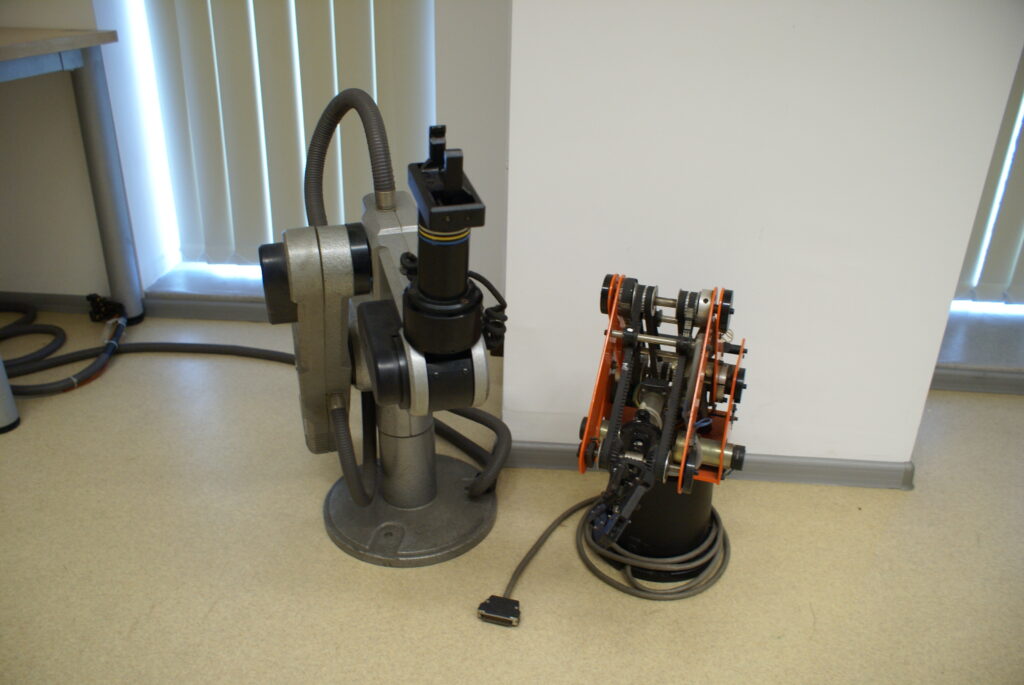
Research Services Offered and Completed Projects:
- Modeling and Simulation of Multi-Agent Systems (MAS):
- Model Development: Creating models for complex systems involving interactions among multiple autonomous agents.
- Simulation: Simulating the behavior of MAS to understand the dynamics and optimize the performance of automatic process control and service systems.
- Distributed Control Systems:
- Research and Development: Developing control systems that enable distributed coordination and control of multiple production units.
- Algorithm Implementation: Implementing algorithms for efficient resource management and operations optimization.
- Internet of Things (IoT) Technologies:
- Sensor Integration: Integrating IoT sensors and devices into manufacturing processes for real-time data collection.
- Data Analysis: Analyzing and interpreting collected data to improve processes and predict failures.
- System Development: Developing and testing systems that integrate physical and computational processes.
- Real-Time Monitoring: Implementing solutions for real-time monitoring and control of manufacturing and logistics processes.
- Product-Driven Automation: Developing and implementing concepts of intelligent products and product-driven automation.
- Robotics and Automation:
- Robotic Systems: Developing and testing robotic systems for intelligent automation of repetitive and hazardous tasks.
- Integration: Integrating robots into production lines and optimizing human-robot interaction.
- Quality Control: Implementing quality control systems based on artificial vision technologies.
- Cyber-Physical Systems: Developing techniques and solutions for the design, planning, and control of robots integrated into cyber-physical manufacturing and service systems, focusing on energy reduction.
- Optimization of Manufacturing Processes:
- Process Analysis: Analyzing and optimizing production flows using artificial intelligence and machine learning algorithms.
- Automation Solutions: Implementing automation solutions to improve efficiency and reduce costs.
- Advanced Planning: Researching advanced planning and scheduling methods to improve efficiency and reduce downtime.
- Custom Software Development: Developing custom software solutions for production management.
-
Florin Daniel Anton
Associate Professor Florin Daniel ANTON obtained his MSc. degree in Automatic Control in 2003, and the Ph.D. degree in “Automatic Control” in 2008 of the...
view profile -
Silviu Raileanu
Dr. Silviu Răileanu is an Associate Professor at the Faculty of Automatic Control and Computers, University Politehnica of Bucharest (UPB). He holds a PhD...
view profile -
Silvia Oana Anton
Associate Professor Silvia ANTON obtained her MSc. degree in Automatic Control in 2003, and the PhD degree in "Automatic Control" in 2008 of the University...
view profile
Research Team Members:
- Silviu Răileanu
- Theodor Borangiu
- Florin Anton
- Silvia Anton
- Ionuţ Lenţoiu
- Nick Ivănescu
